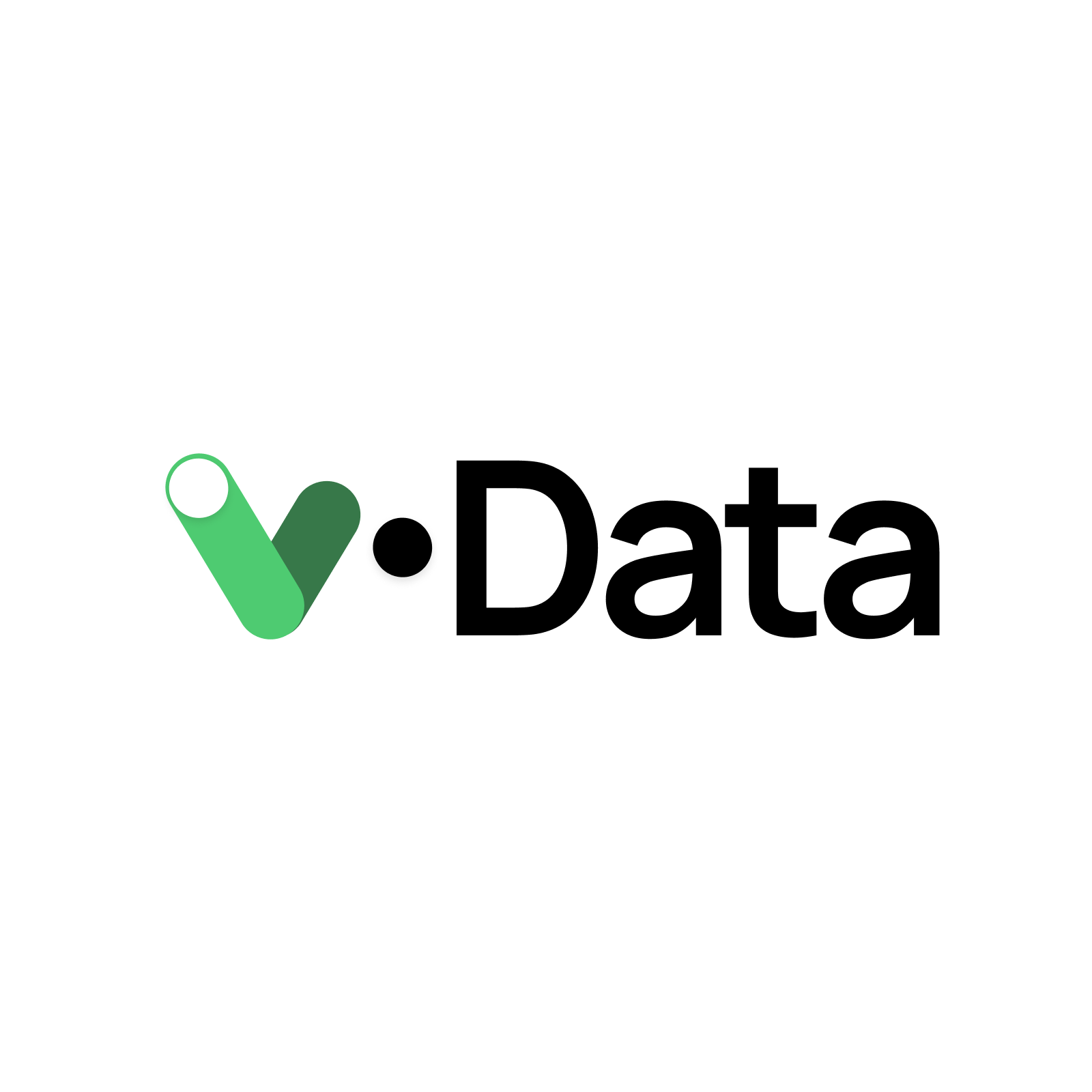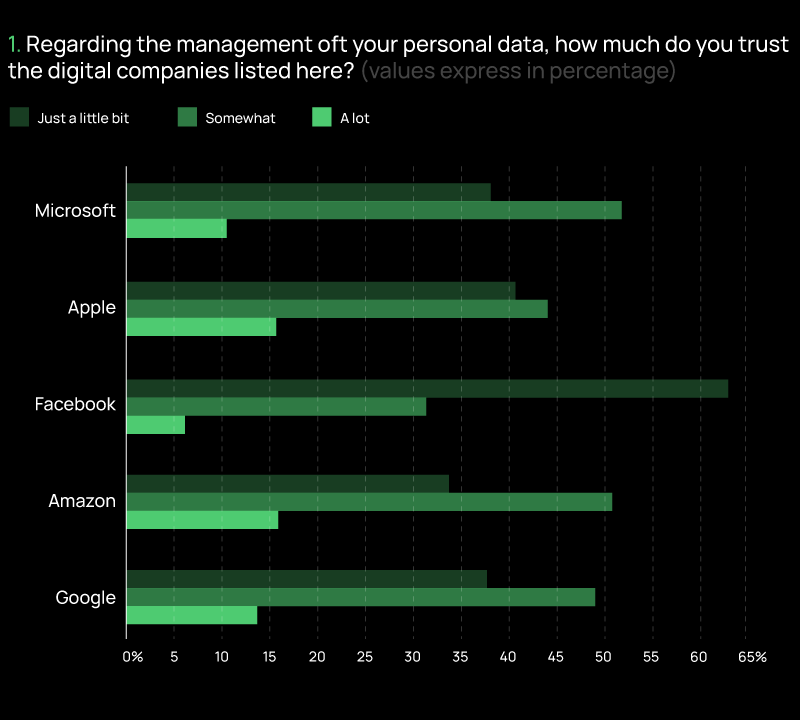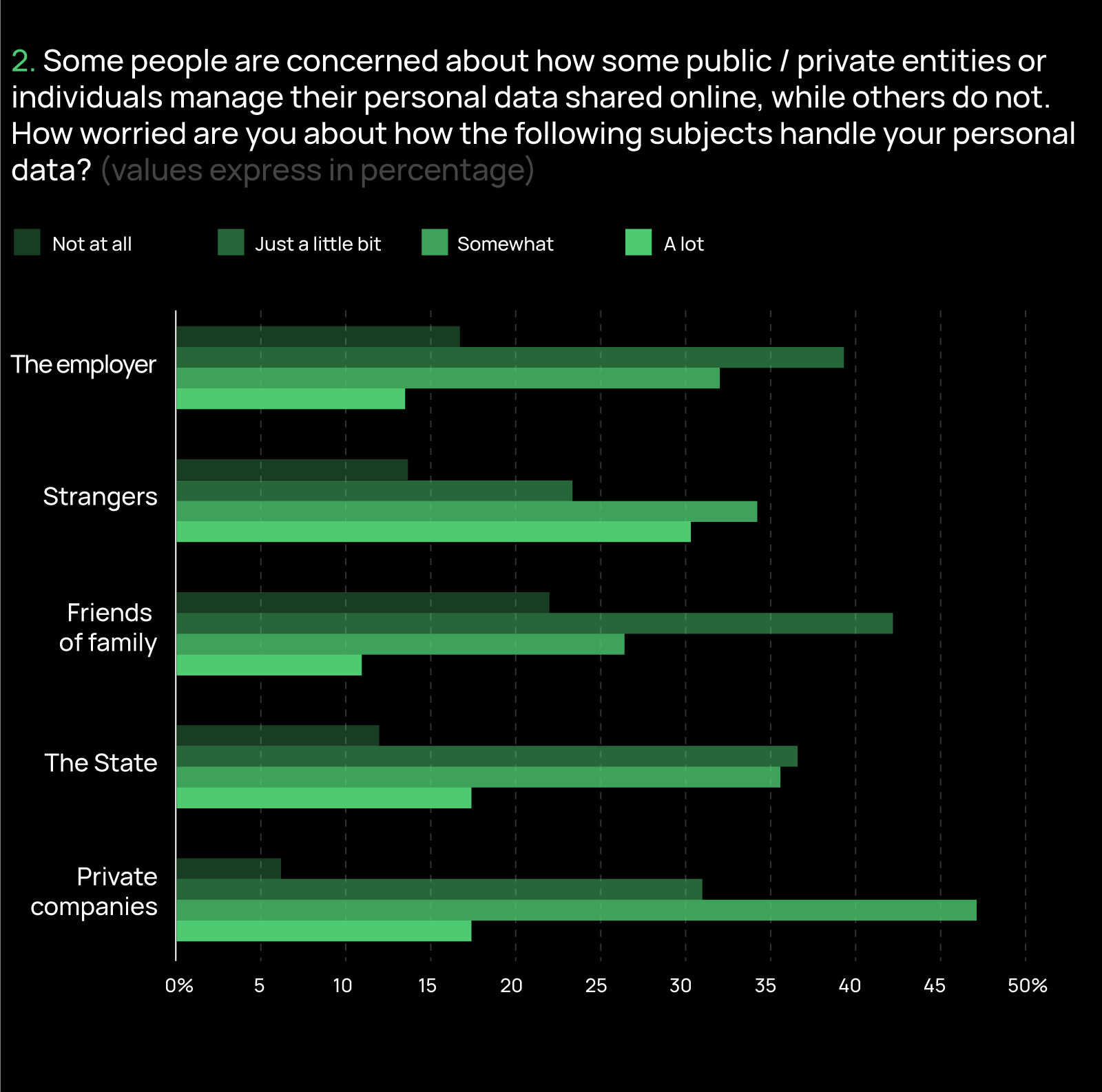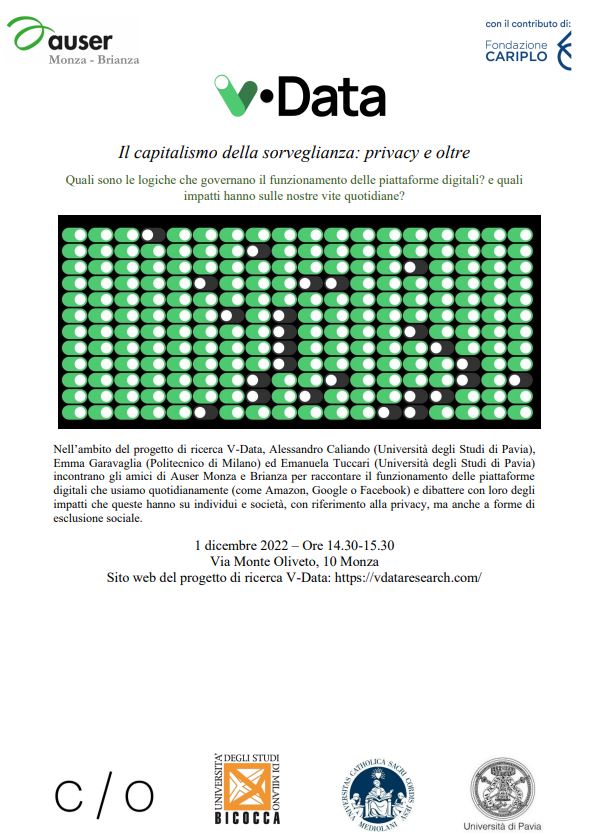Digital data and value creation: citizens’ knowledge, awareness and opinions
Description
We will collect primary data through two different methods: 1) we will conduct a probabilistic national survey with an experimental research design; 2) we will conduct a qualitative small-scale art-based research, adopting a digital ethnography approach. Survey data will be analysed using a set of multivariate analysis techniques that will vary in relation to the nature of the data, the measurement properties of dependent variables, and the research questions we intend to answer. Qualitative data will be analysed through a process of open and axial coding.
Goals
- to explore the degree of knowledge and awareness of Italian citizens about how and to which aims digital data are exploited and the economic value they produce
- to explore Italian citizens’ attitudes and opinions towards processes of digital data exploitation for business and non-business purposes
- to explore the degree of trust of Italian users in actors that manage platforms extracting digital data
- to explore citizens’ rational and emotional reactions while exposed to dynamics of digital data extraction and exploitation
Team member
Outputs
document
Documenti Privacy
Da qui è possibile accedere a due interessanti documenti, pensati per docenti e studenti, utili per saperne di più sulle leggi italiane che tutelano privacy e reputazione online.
Privacy per educatori
Una risorsa per insegnanti ed educatori che vogliano saperne di più sulle basi giuridiche della gestione della privacy e dei dati online, così da supportare le più giovani e i più giovani nell’utilizzo degli strumenti digitali.
Privacy per studenti
Una risorsa che aiuta le più giovani e i più giovani a comprendere le fondamenta ed il funzionamento delle leggi che proteggono la nostra privacy e reputazione online.
document
Research Centres and Initiatives

Hereby a useful directory of Initiatives and Research Centres working on several issues and topics related to surveillance capitalism (such as dataveillance, data activism, data ethics, data privacy & transparency, platform surveillance, etc.)
Open the spreadsheet and contact us if you want to contribute to the list.
document
Come resistere (per quanto possibile) al capitalismo della sorveglianza

Da qui è possibile accedere ad un interessante report di ricerca che introduce e descrive diverse pratiche tecno-sociali di resistenza al capitalismo della sorveglianza – utili a chiunque, non solo intenda saperne di più circa l’argomento, ma voglia anche provare (per quanto possibile) ad opporvisi. Il report, infatti, descrive una lunga serie di pratiche digitali quotidiane utili a limitare gli effetti del capitalismo della sorveglianza sugli individui e sulla società nel suo complesso.
Tali pratiche vengono raggruppate in 4 macro-categorie principali (che si distinguono per crescenti gradi di sforzo e competenze richieste all’individuo per poter essere messe in atto):
a. le buone abitudini;
b. riprendere il controllo;
c. il camuffamento;
d. l’attivismo.
Al di là dei suoi risvolti pratici, il report si rivela anche utile per mettere in prospettiva alcuni discorsi di marketing, entrati ormai nell’immaginario comune, che vorrebbero privacy e data protection come concetti dati per ‘morti’, ormai obsoleti nell’odierna società digitale e di scarso interesse per il grande pubblico. Viceversa, come dimostra il report, non solo gli utenti comuni hanno a disposizioni una vasta pletora di strumenti e strategie per resistere al capitalismo della sorveglianza, ma anche che tali strumenti e strategie sono largamente praticati da ampie fasce della popolazione (es., si veda il crescente ricorso che gli utenti fatto di AdBlocker e VPN).
document
Visualizing Italian citizens’ trust and worries about digital platforms through survey data

Introduction
More and more people are used to (consciously or unconsciously) “leave traces” of their personal data when surfing the Internet, logging into apps and websites, buying services and products online, etc. However there is little knowledge on trust that people put in the actors who handle digital data, and on their attitudes towards processes of digital data exploitation for business and non-business purposes. To address these topics, we carried out the survey “The citizens and the value of digital data” (N=3,156). We administered the questionnaire to a quota sample of the Italian Internet population (aged 18 and above), adopting a mixed-mode design: a CAWI survey on respondents from the Opinione.net non-probability online panel (N=2,249), followed by a CATI survey on respondents who have a phone number (both landline and mobile), own/have at their disposal at least one digital device, and use at least three features offered by the digital devices (N=907). The questionnaire includes various sections on different topics, such as ownership and frequency of use of digital devices, awareness about how and to which aims digital data are extracted and exploited, data sharing behaviors, the economic value that personal digital data produce, attitudes towards online data protection, etc. Here we focus on results regarding trust in the digital companies and (potential) worries about how some actors manage people’s digital data.
Output 1
We asked respondents to indicate their level of trust in the GAFAM (Google, Amazon, Facebook, Apple, and Microsoft) companies, selecting from “just a little trust”, “somewhat trust” or “a lot trust”. Overall, putting GAFAM together in a trust index (range from 0 to 10), the mean value of respondents’ trust in digital companies is 3.4.

Output 2
We then tried to investigate if people’s attitudes go beyond the feeling of trust and translate into worries about the management of digital data by both public / private entities and specific categories of individuals. In particular, we focused on the respondents’ concerns towards handling practices of private companies, the State, friends or family, strangers, and the employer. Taken together, the mean value of the respondents’ worries, measured by a worry index (range from 0 to 10), is 5.2. This seems to highlight that, overall, the people’s concerns are not very critical.

However, if we look at each specific entity/individual (Graph 2), we find that respondents are more worried about personal data management by strangers (63.6% are “somewhat” or “a lot” worried) and private companies (63.5% are “somewhat” or “a lot” worried), while they are less worried about digital data handling behaviors of friends or family (63.3% are “just a little” or “not at all” worried) and the employer (55.3% are “just a little” or “not at all” worried). Findings on worries about private companies are in line with the low mean value measured on the trust index: the less trust, the greater concern.
A research project by:



Funded by:

Contact us:
Drop a message to alessandro.caliandro@unipv.it - twitter - facebook - researchgate













